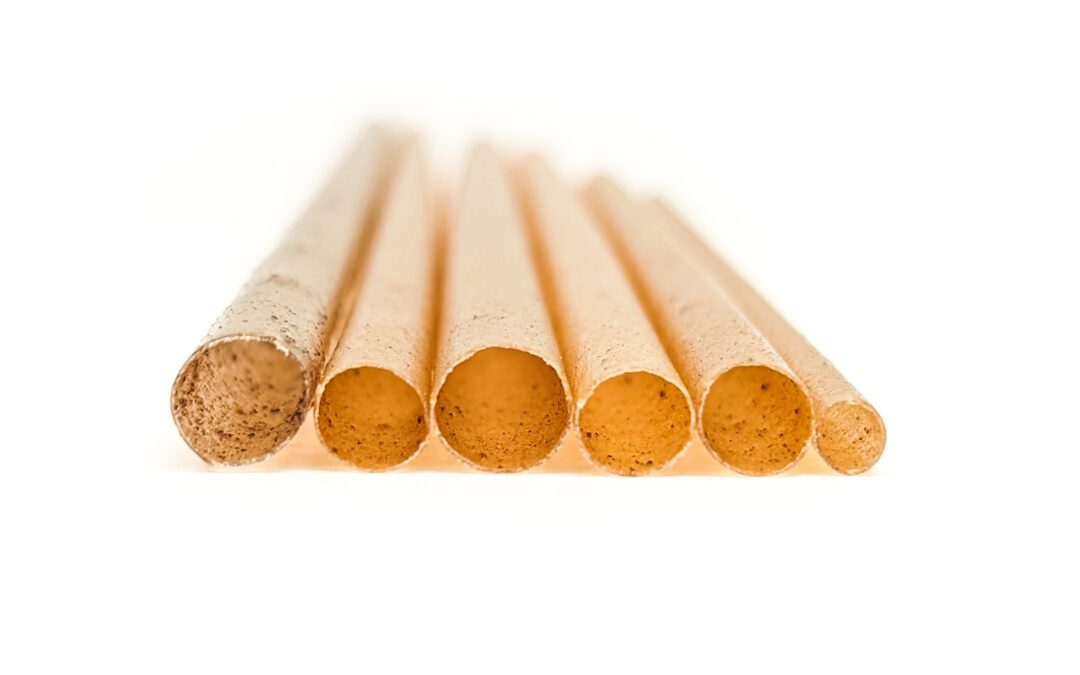In recent years governments have begun to take issue with single use plastics. Ordinances have regulated everyday items from grocery bags to drinking straws. Efforts to reduce the use of plastic straws have seen large increases in the sale of paper alternatives. This is because paper straw manufacturers have touted the environmental benefits of paper straw alternatives. However even the most environmentally conscious consumer is not happy with these paper products. Environmentalists have raised concerns with emissions related to production paper products and the biodegradability of certain paper straws. Consumer support for reduction of single use plastics has been generally high, however; satisfaction with paper straws has been surprisingly low.
The main motivation for the switch to paper straws was to protect the environment. However, taking a further look into production of paper products reveals some worrying details. First, the production of paper products leads to larger degrees of pollution. This takes the form in both chemicals leeching into run-off water and greenhouse gas emission. Furthermore, while it is true paper straws are biodegradable, it is no guarantee these straws follow their intended lifecycle. For example, they need to be properly disposed of in order to be composted. If consumers simply throw away their straws with normal trash the paper straws will end up in a landfills, which limit paper’s decomposition process. Individuals are just a drop in the bucket of straw consumers. Restaurants and bars make up most paper straw consumers. Proper disposable of paper straws would require all restaurants to practice correct composting practices for these straws to be truly biodegradable.
Further issues with paper straws relate to their practicality. While most consumers can get on board with protecting the environment, many still prefer the structure of plastic straws. Among the most common complaints from consumers relate to the taste, texture, and structure. NC State professor of natural resources, Lokendra Pal, conducted a study of paper straws examining their physical and compositional properties. One of their findings was that paper straws had lose 80-90% of their structural stability within thirty-minute of exposure to liquid. Some paper straws even have an unpleasant taste due to a wax coating keeping the straw together.
Agave straws provide a truly sustainable solution to the issues related to paper straws. Agave Straws are made from the leftover stalks that were no longer needed for tequila production. These straws are completely biodegradable and can be composted. Agave straws’ sustainability is twofold. As a result of its upcycling process Agave straws make use of agave pulp that would have otherwise been unused. Additionally, the production process leads dramatically lower levels of emissions than paper and plastic alternatives. Furthermore, Agave straws are fully biodegradable as they can fully decompose, thanks to microorganisms, in landfill conditions in one to five years. Agave straws also address the structural issues of paper alternatives. This is because the agave fibers are able to more closely replicate the texture of plastic straws. As a result, Agave straws rarely ever experience the soggy texture that consumer associate with paper straws.


